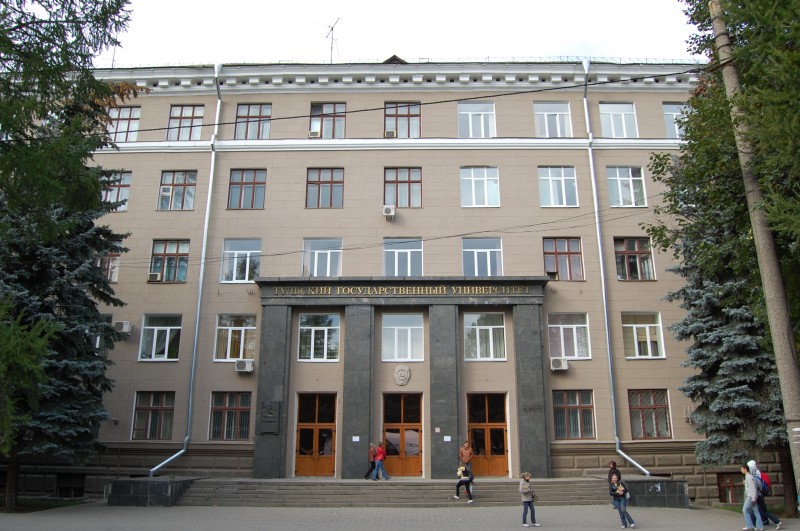Data made available by the Central Bank of Nigeria show that the nation’s foreign reserves dropped by $72 million between Thursday, May 10 and Monday, May 14.
The reserves, which stood at $39.3 billion at the beginning of the year, has risen by $8.5 billion.
In March, Isaac Okorafor, CBN spokesman, had attributed the continued growth to the bank’s effort to discourage unnecessary importation; inflow from oil and non-oil exports, and huge inflows through the investors and exporters window of the foreign exchange market, which he said had attracted over $33 billion since April 2017, when it was created.
The rise may also be partly attributed to increased prices of crude oil, which is a major source of revenue for the federal government,
Advertisement
As at 9:00 am on Thursday, Brent crude, which is the international benchmark for crude oil trade, was selling at $79.47.
The last time the crude oil prices were trading this high was in October 2014.
Addressing journalists in Washington, Godwin Emefiele, CBN governor, said Nigerians should not be surprised if the reserves decline.
Advertisement
Although he projected that the reserves might hit $60 billion before the end of 2019, he described the reserves as a fluctuating figure.
“So tomorrow, if we tell you the reserves have dropped, don’t be surprised. It’s a fluctuating figure.”
Add a comment







